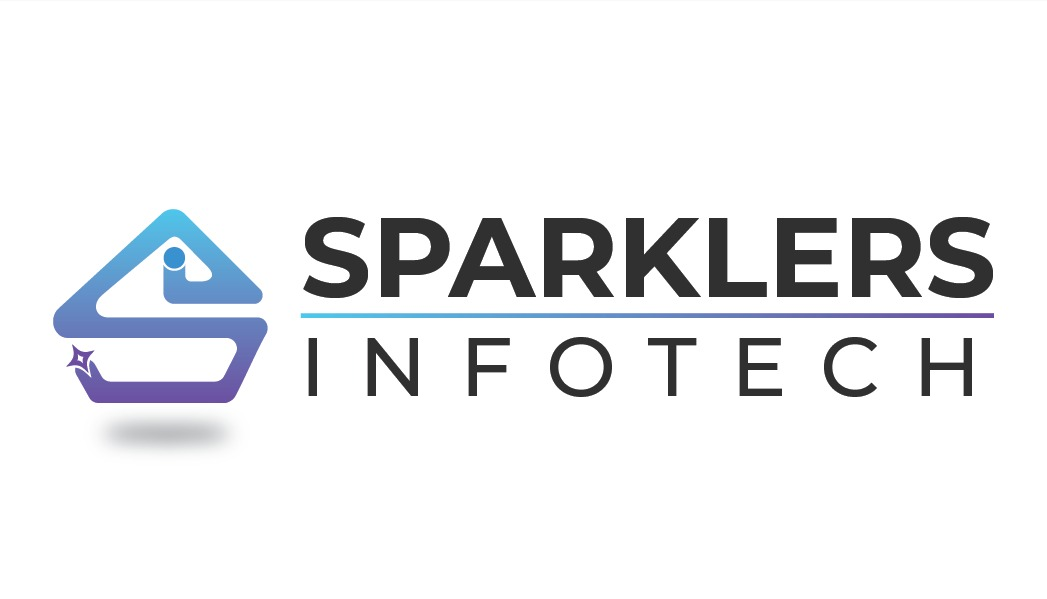Business Process Management (Mendix)
- Home
- Business Process Management (Mendix)
Business Process Management (Mendix)
Introduction
These days, no company can function without customer support in the digital era. Success or failure for a company often hinges on how well and quickly support is provided. If companies want to give their customers the best service possible, they need a program that makes handling support requests easier. This case study delves into the creation and deployment of a Mendix-based application for managing customer support.

What We Actually Do
PHP Website Development Services
Engitech is the partner of choice for many of the world’s leading enterprises, SMEs and technology challengers. We help businesses elevate their value through custom software development, product design, QA and consultancy services.
Our Leadership Team
Supporting clients to build their future. Sparklers Infotech Pvt. Ltd. blends technological know-how with business insight to drive transformation and produce outcomes.

Objective
Building an app to streamline the handling of support requests from customers is the goal of this case study. Case, defendant, user, and profile management are all required components of the application. The low-code, no-code platform Mendix must be used to develop the application.

Development
Starting with a prototype, the application was fine-tuned according to stakeholder input during development. Quick iteration without heavy coding was made possible by the Medix platform, which the application was built on.

First Module
The initial component that was created was case management, which enabled support agents to generate, allocate, and oversee support requests. Some of the features included in the case management module were the ability to create, assign, track, and resolve tickets. Included in the module were automated workflows that could be set to run in response to certain criteria.

Defendant Management Module
As a subsequent step, we built the defendant management module, which gives support agents control over the defendants linked to each request. Included in the defendant management module were functions such as defendant creation, assignment, status tracking, and resolution.

User Management Module
The following component was the user management module, which provided a means for administrators to control and oversee accounts and roles for users. Among the capabilities offered by the user management module were the following: user creation, assignment, access control, and role assignment.

Profile Management Module
The profile management module was developed last, which allowed users to manage their personal information, including their name, email, phone number, and address.

Implementation
After its successful implementation, the application was well-received by administrators and support agents. The app improved the customer support experience by streamlining and automating previously manual tasks. Administrators were able to make better decisions with the help of the application's multiple reports that were conveniently accessible.
Conclusion
After its successful implementation, the application was well-received by administrators and support agents. The app improved the customer support experience by streamlining and automating previously manual tasks. Administrators were able to make better decisions with the help of the application’s multiple reports that were conveniently accessible.










